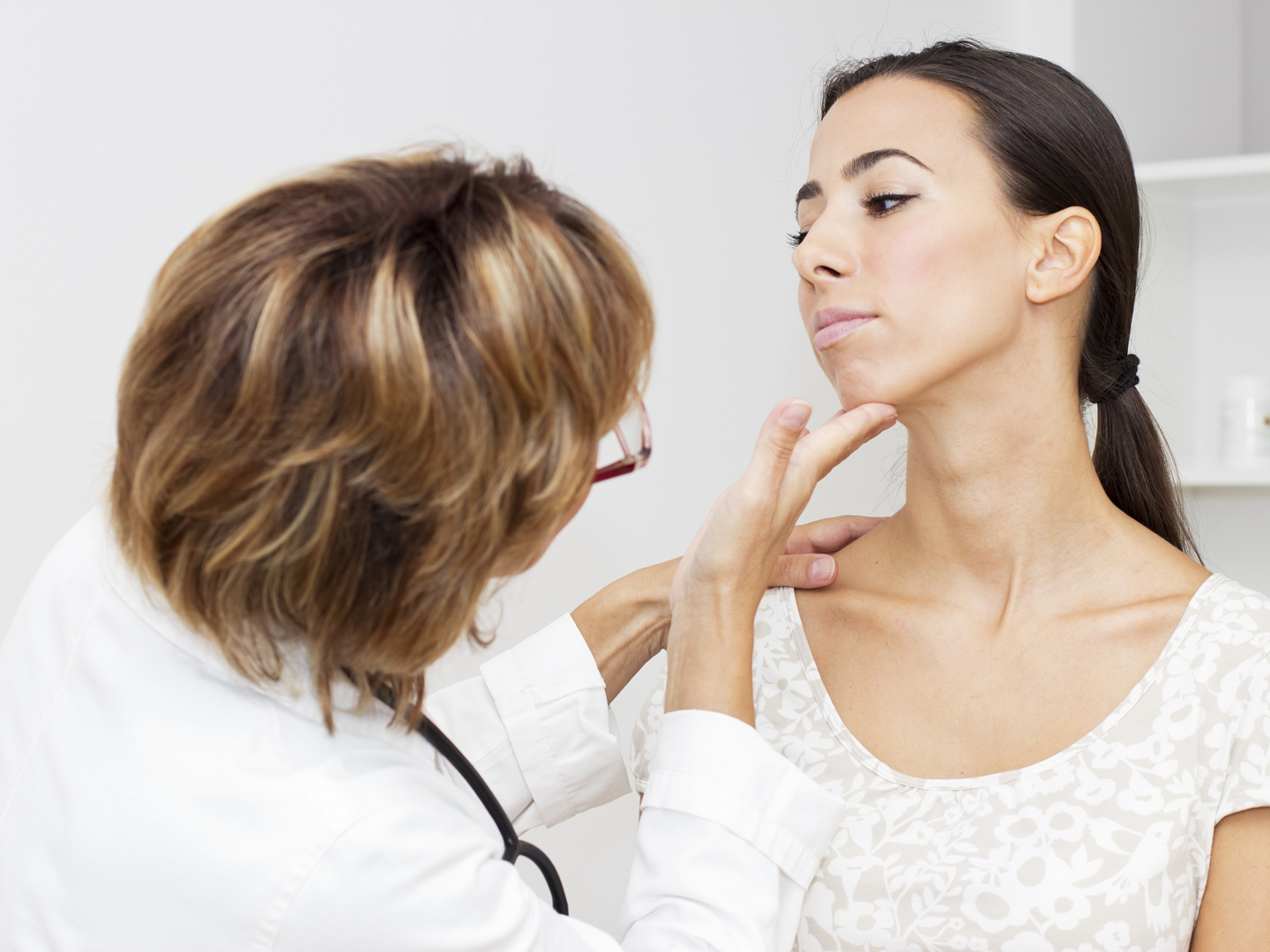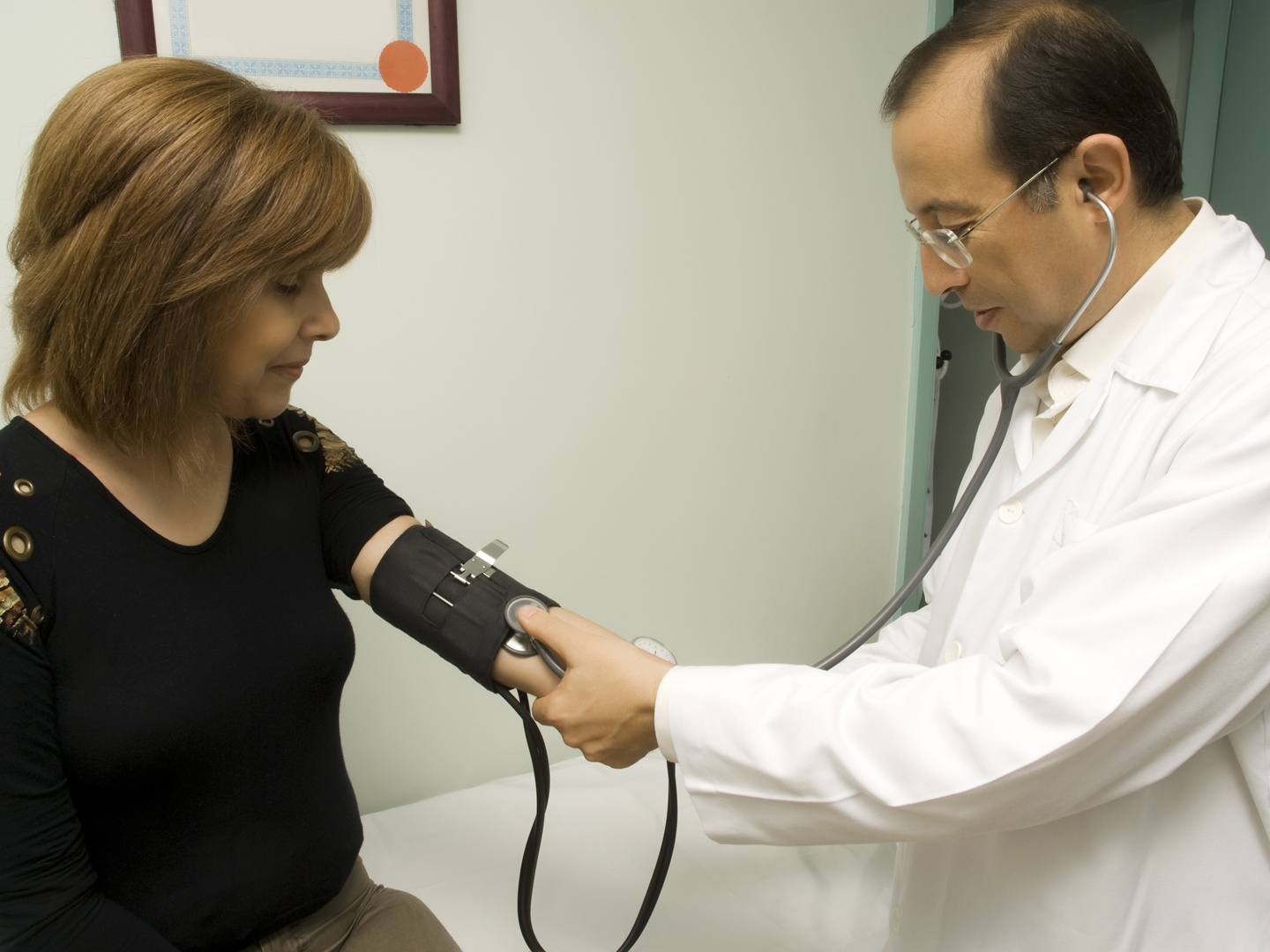Entering Menopause or Pre Menopause Too Early?
My friend Nicole just turned 20 and has entered menopause! She is so pretty, full of energy, extremely bright and always happy but has been overweight all her life. How is it possible for menopause or pre menopause to occur in someone so young? Her parents are seeking medical help for her but what can I do to help?
Andrew Weil, M.D. | August 26, 2004

I doubt that your friend really has reached menopause or pre menopause – that is quite unlikely at such a young age. Instead, she may have developed “amenorrhea,” a lapse in her menstrual cycle that can occur for any number of reasons. Since your friend is overweight, this factor alone could explain her problem. Being too heavy (or too thin) can disrupt the menstrual cycle. In these cases, moving toward normal weight should get things back on track.
Here are some other possibilities:
- A thyroid problem: Once diagnosed, treatment can restore thyroid hormone levels to normal, which in turn will bring back the menstrual cycle.
- Stopping birth control pills: Often, women stop menstruating when they go off the pill. This is called “post-pill amenorrhea.”After the body adjusts to being off the pill, a regular menstrual cycle should resume.
- Failure to ovulate: Women can stop ovulating for many reasons (pregnancy is the most common); sometimes, weight loss, an eating disorder, or excessive exercise can cause this problem. Tests can help reveal what’s wrong.
- Stress: Even small amounts of emotional stress can cause elevations in cortisol levels, which can disrupt the menstrual cycle in some women.
- Premature ovarian failure (POF): This condition affects some 250,000 women under the age of 40 in the United States and occurs among one in 10,000 women under the age of 20. Once called “premature menopause or pre menopause,” POF can lead to hot flashes and other menopausal symptoms. No one knows the cause, but the ovaries stop functioning. POF puts women at risk for osteoporosis and other disorders that typically don’t develop until after menopause. Treatment usually involves hormone replacement therapy, which does not present the same health risks among young women that have been found among postmenopausal women (an increased incidence of heart disease, breast cancer and stroke).
Your friend’s best bet is to get an evaluation from an endocrinologist or gynecologist experienced in treating menstrual disorders. With luck, her condition can be easily treated, and her menstrual cycle will resume.
Andrew Weil, M.D.
Read other articles by Dr. Weil concerning menopause and pre menopause.

















